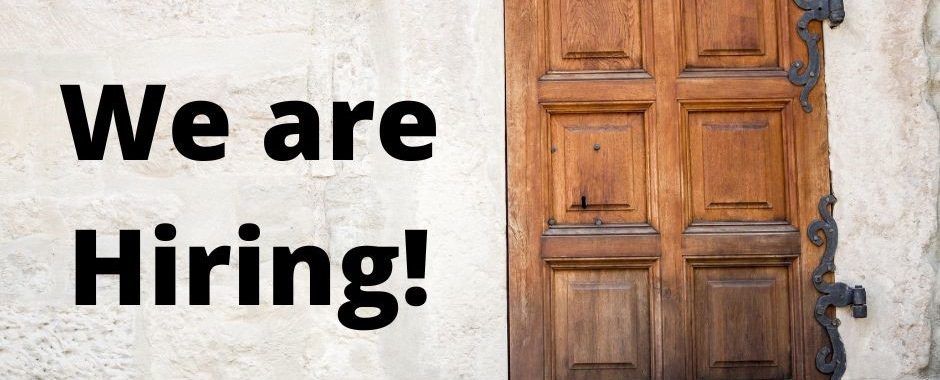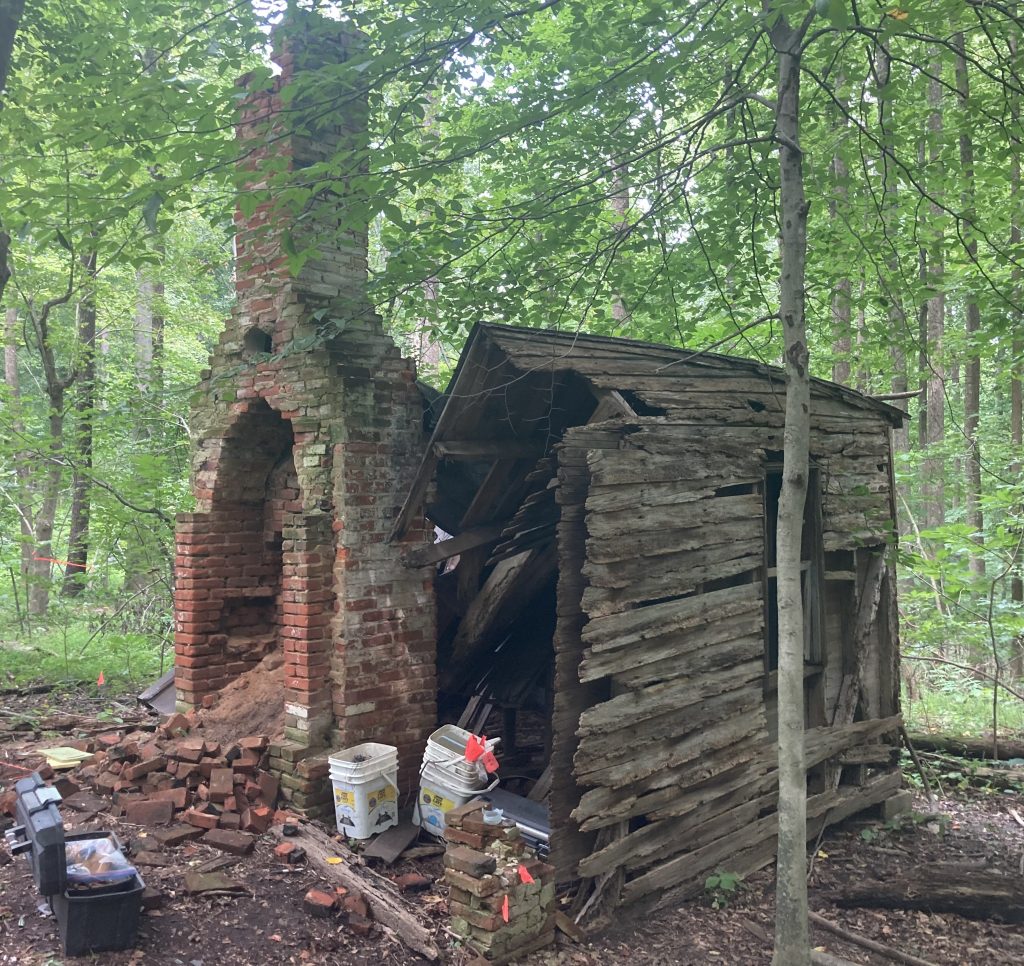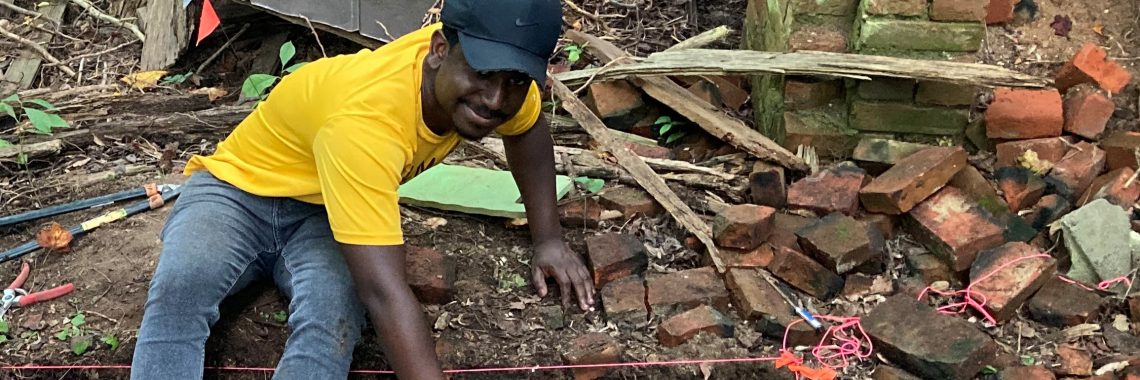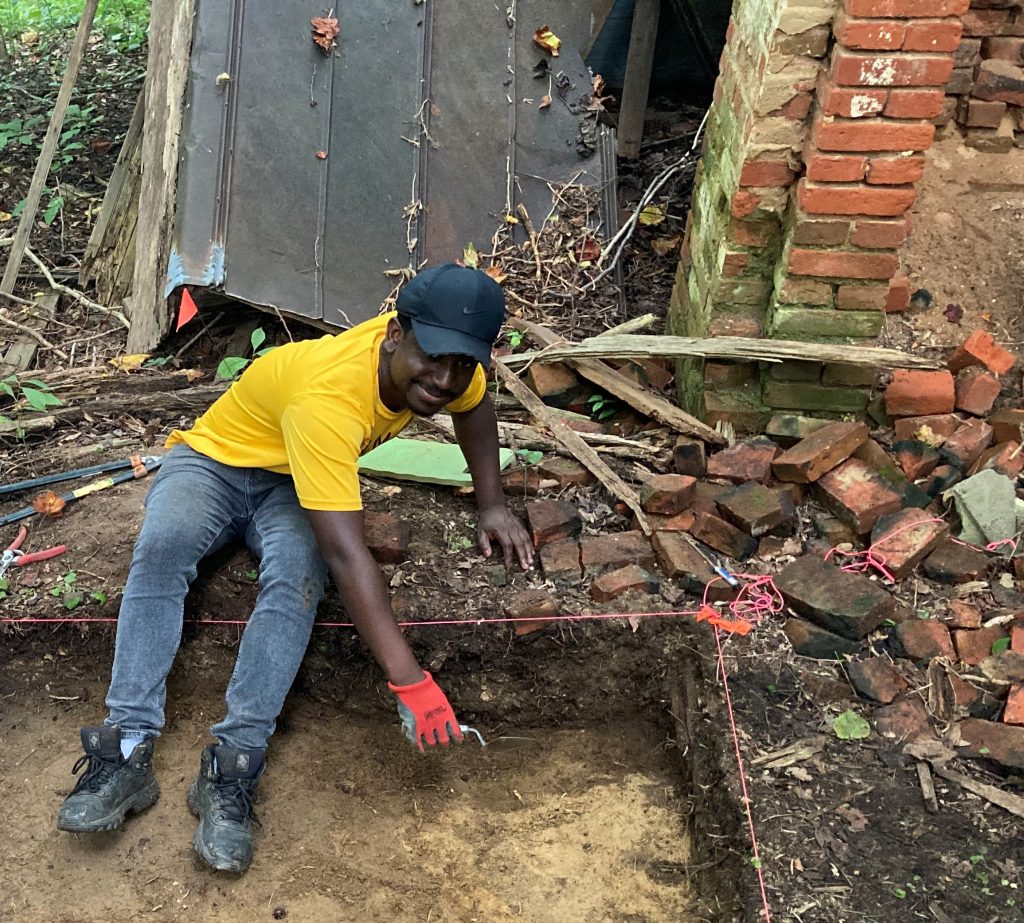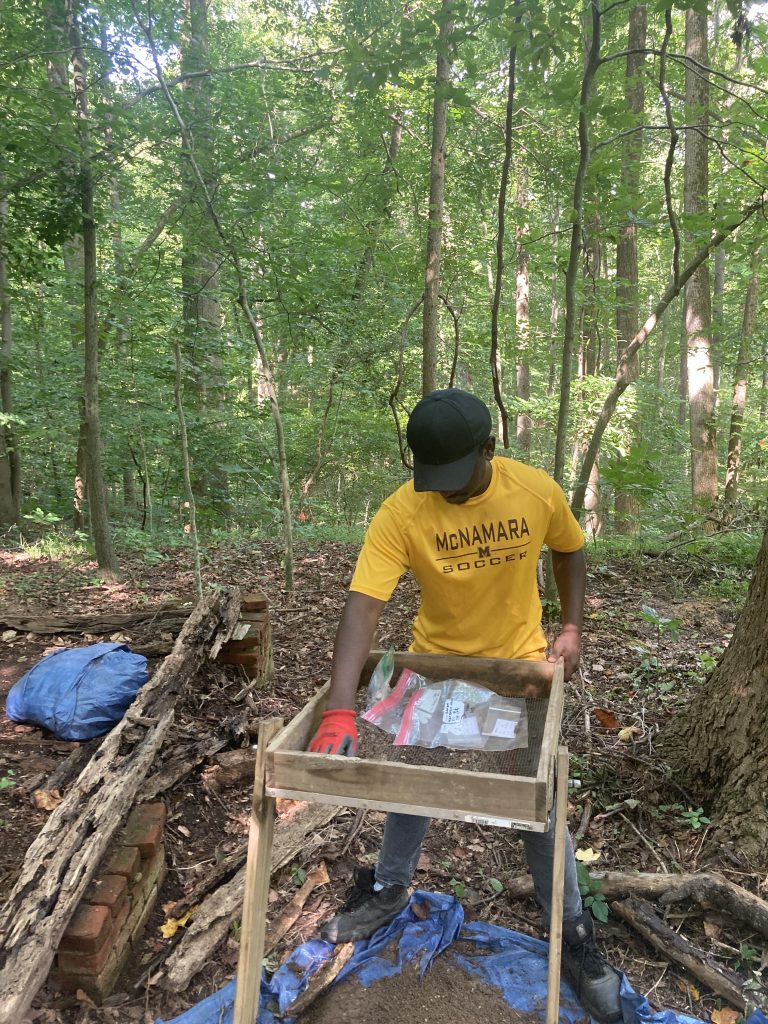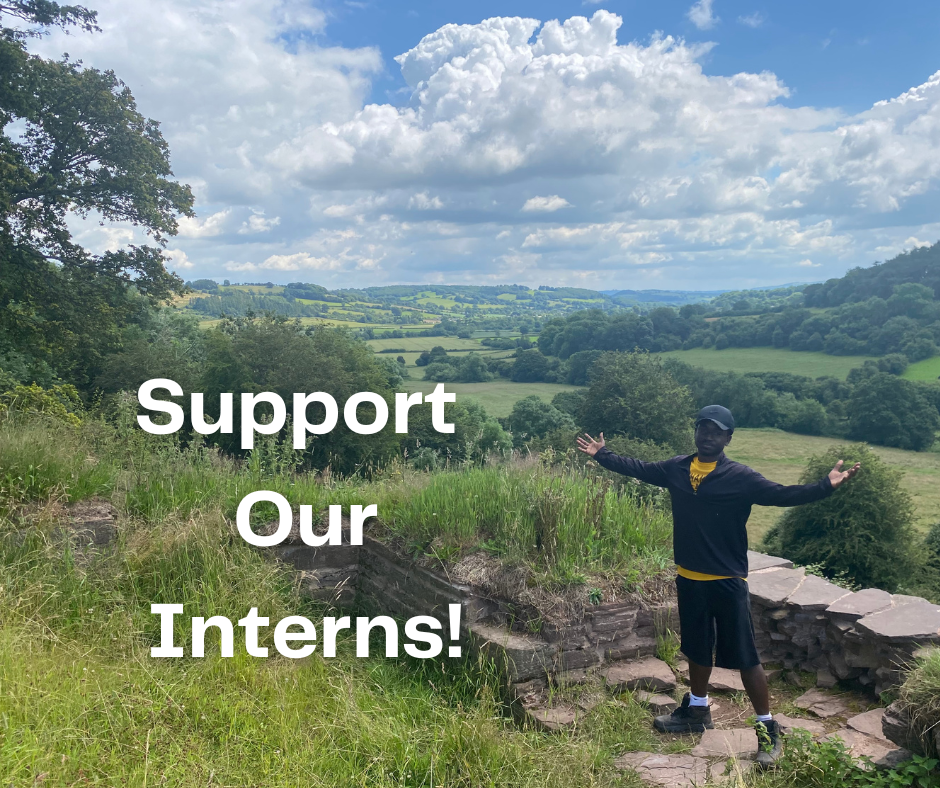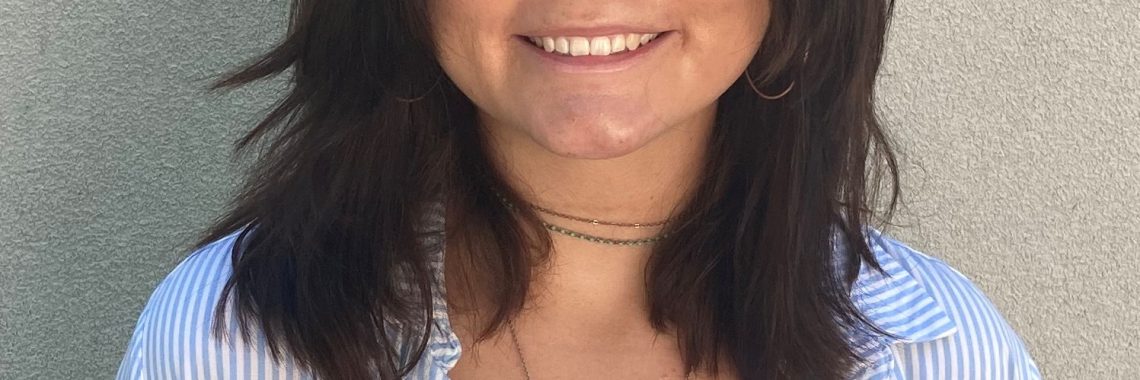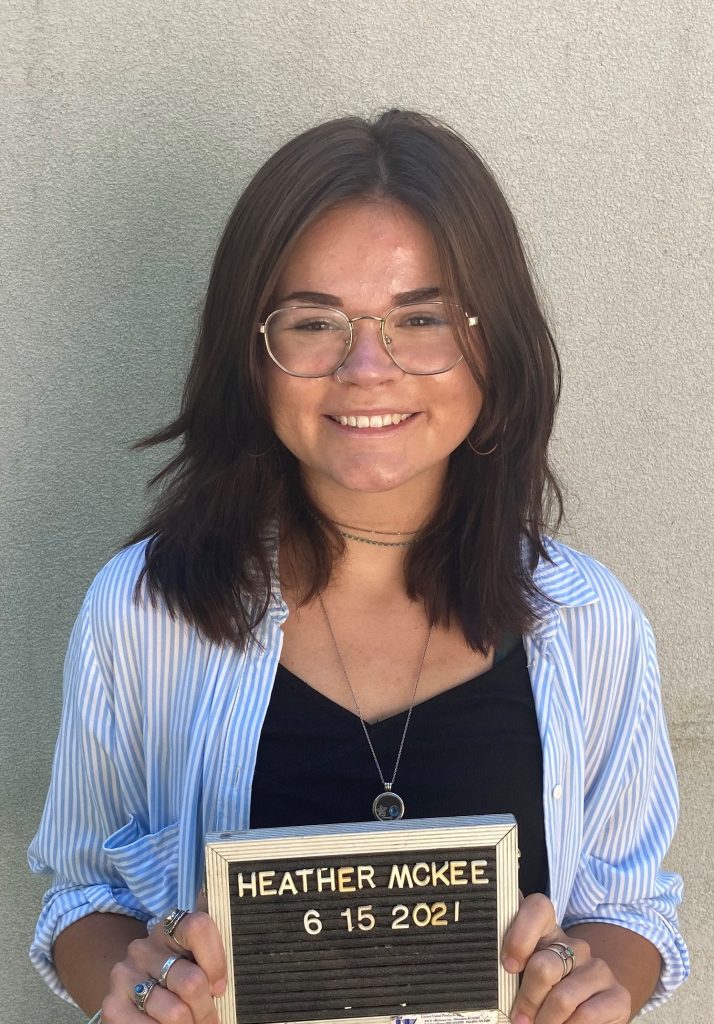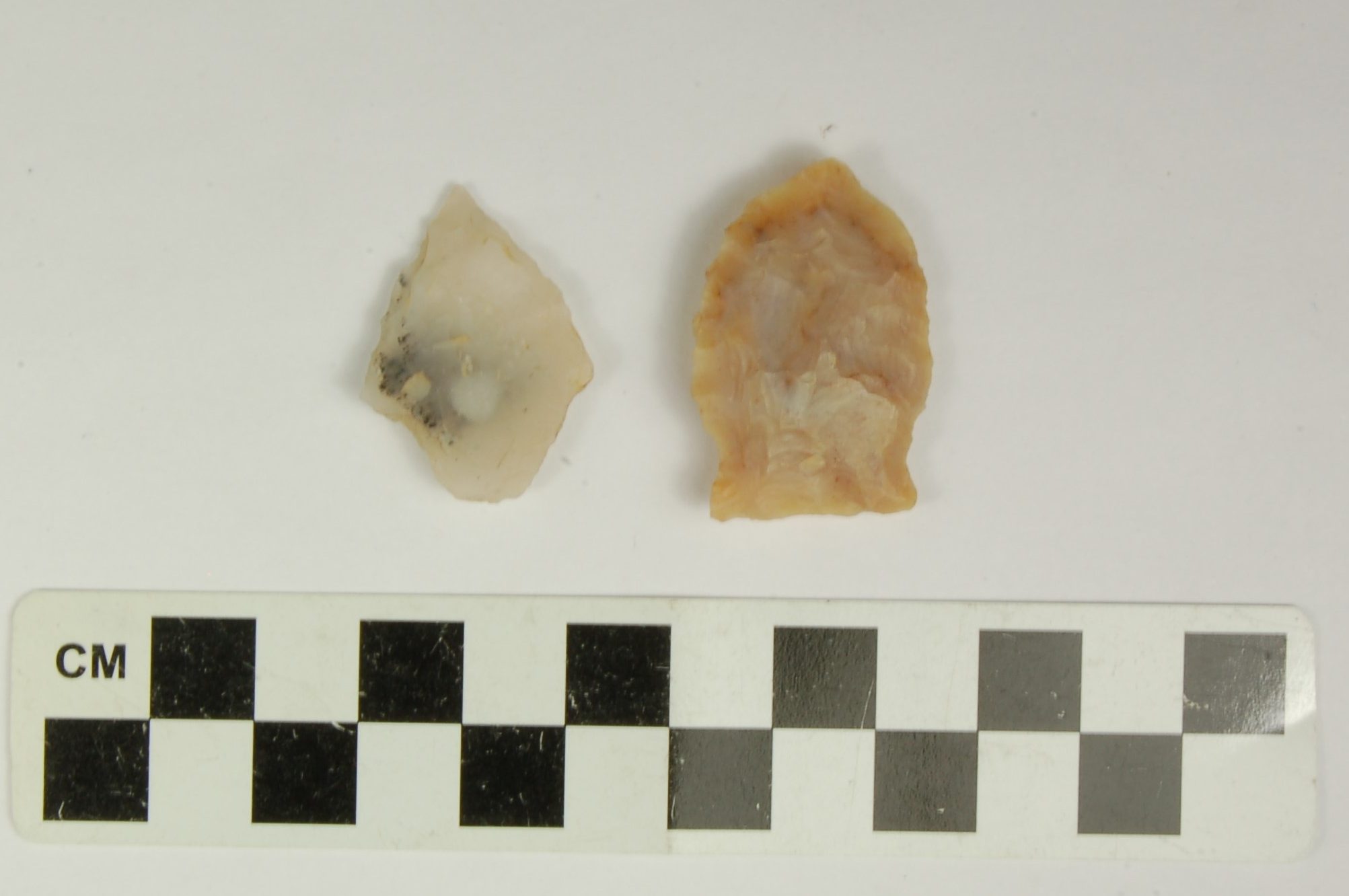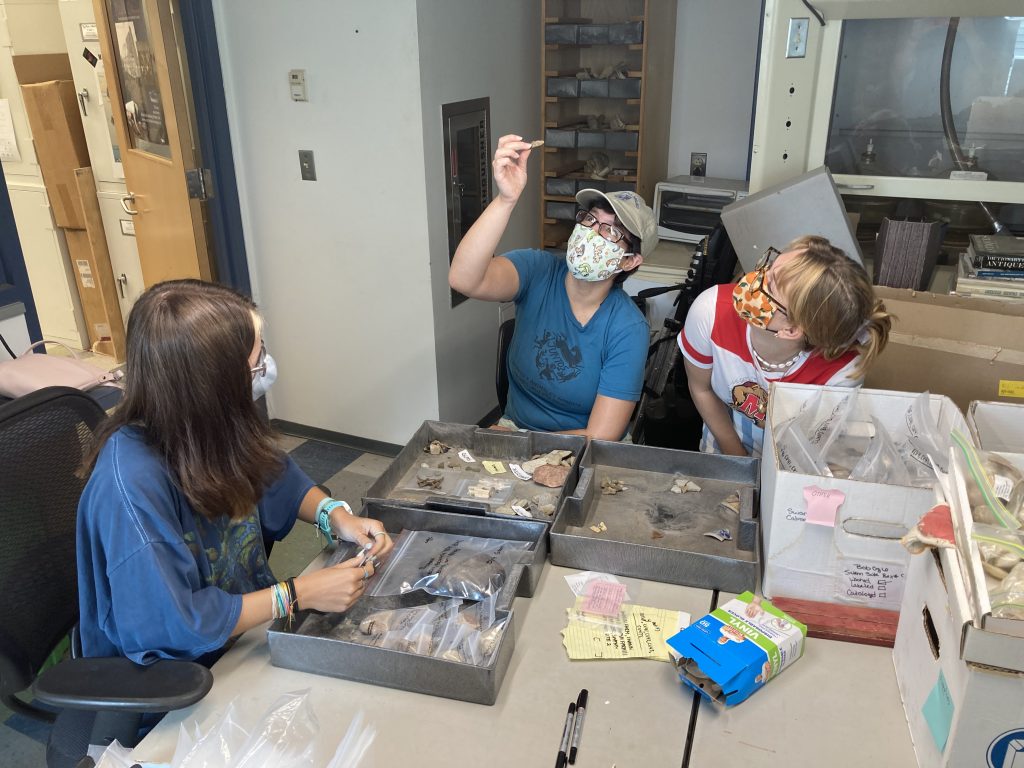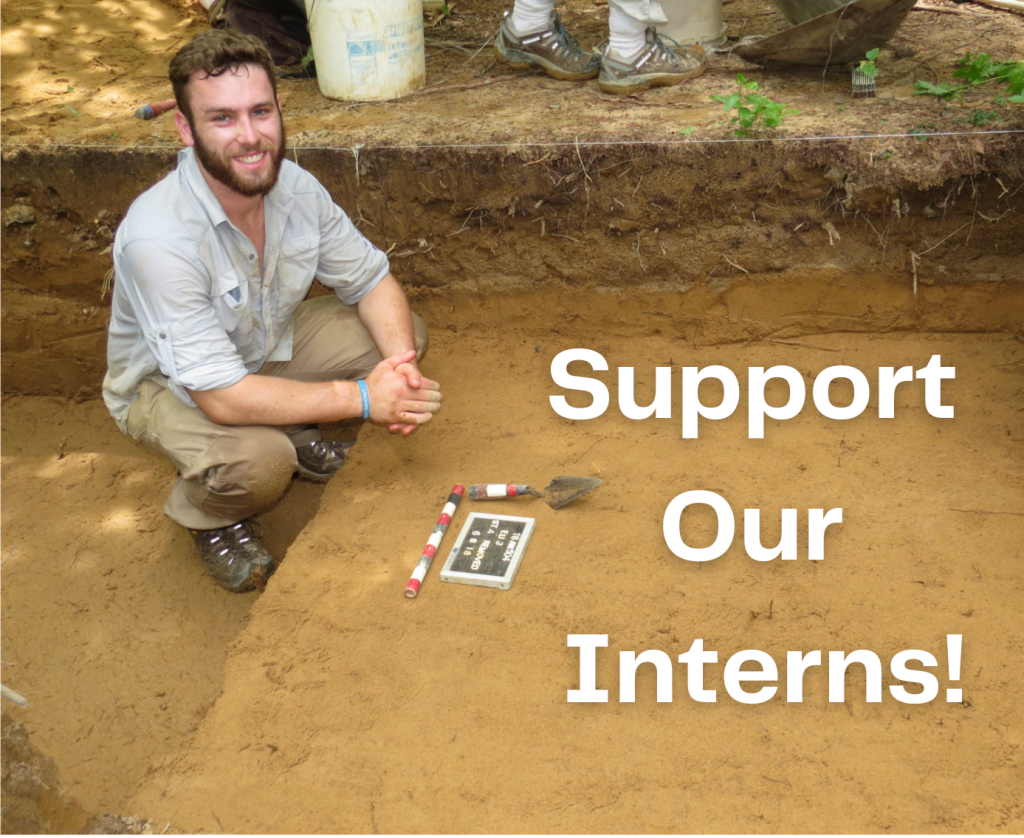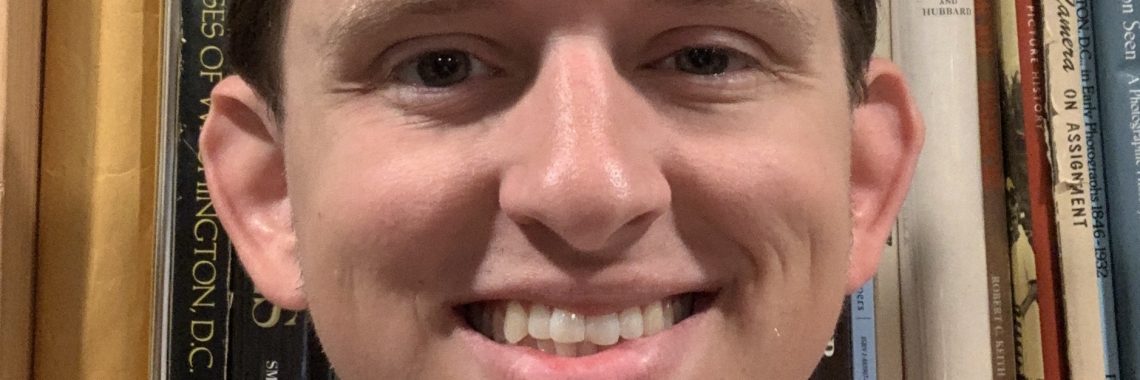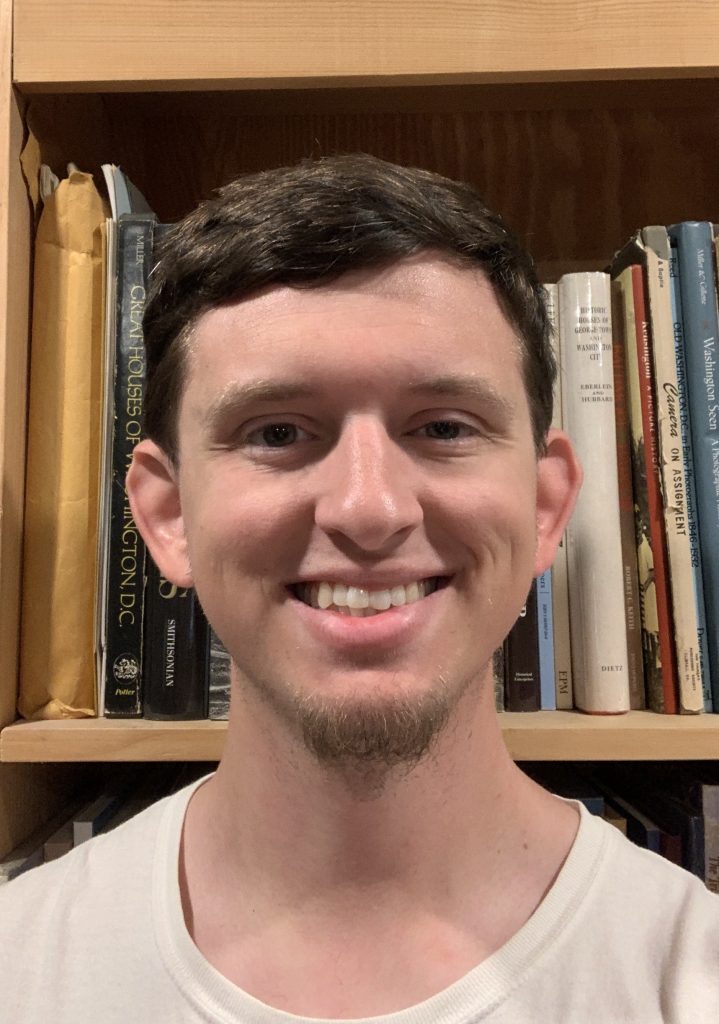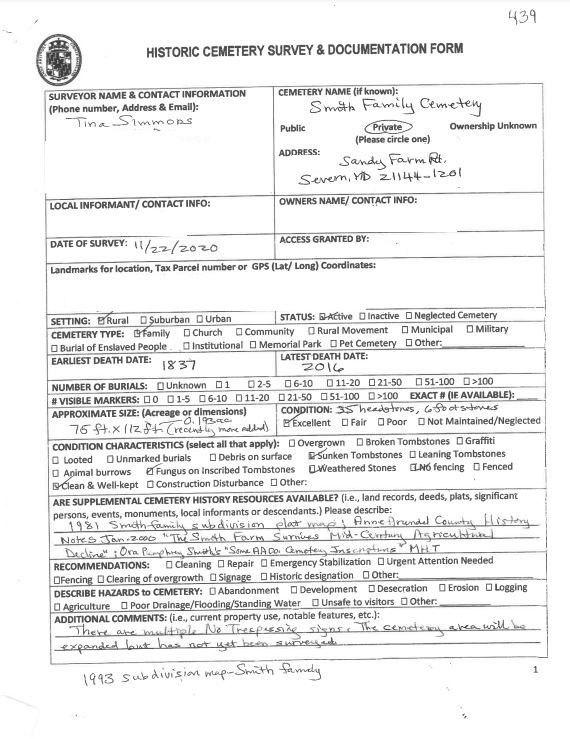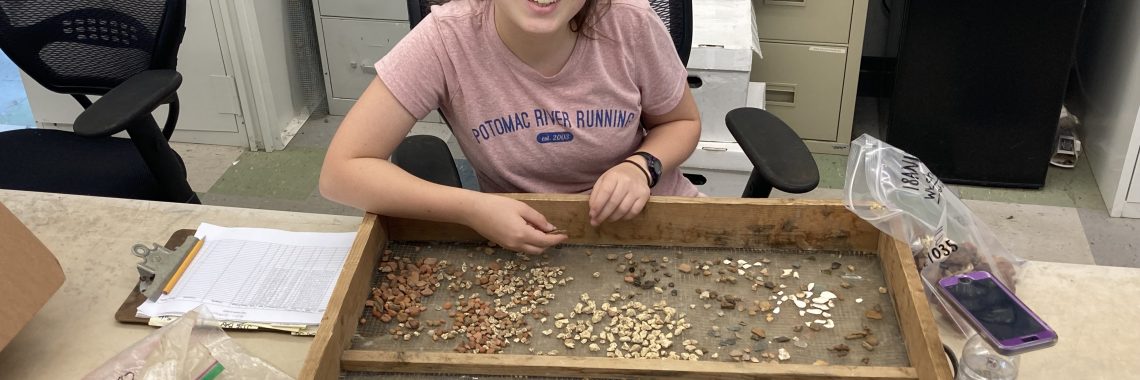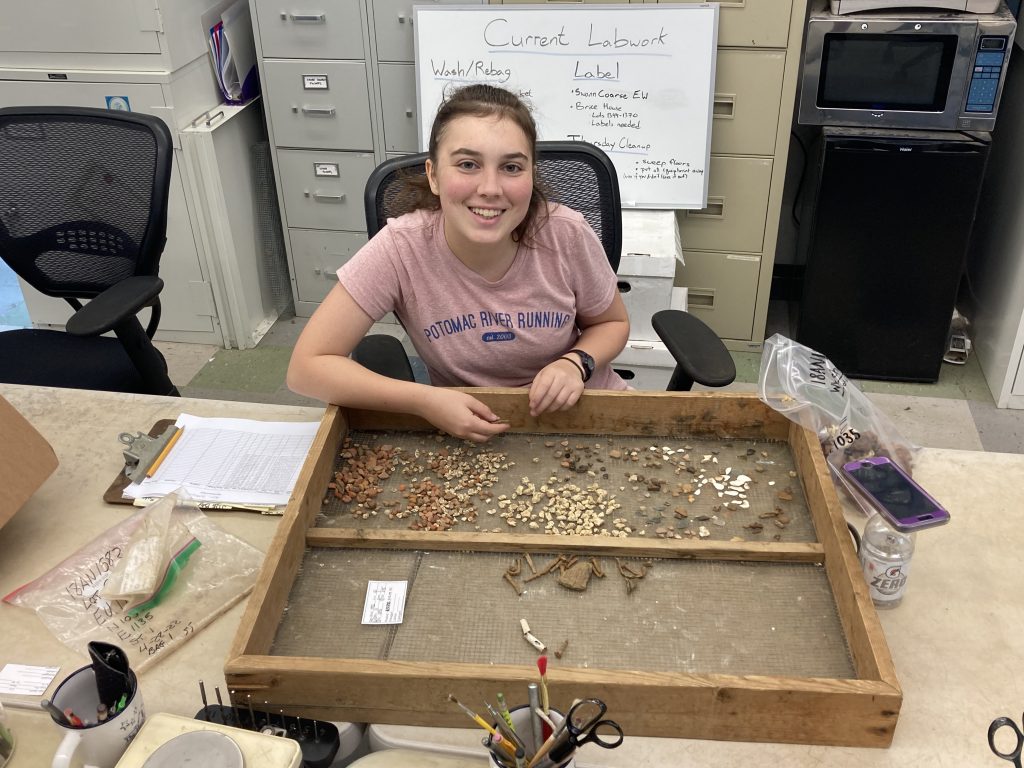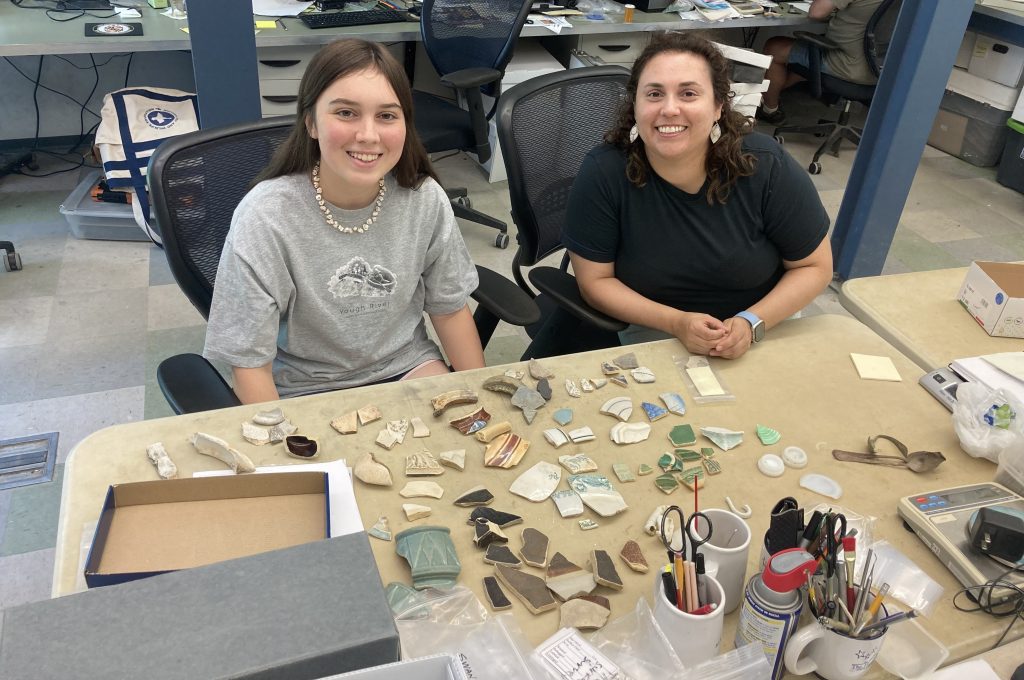Position Filled: Research Associate & Archaeologist
to execute an MHT-funded grant titled
“Slavery, resistance, and freedom: Recording Anne Arundel County’s past.”
This position has been filled.
The Lost Towns Project (LTP), in collaboration with Anne Arundel County’s Cultural Resources Section, is conducting a county-wide audit to compile a comprehensive list of historic resources that can shed new light on the history and archaeology of slavery, resistance, and freedom. The historical landscape of Anne Arundel County, Maryland is Black space–one predicated on the institution of slavery and in many cases constructed by enslaved Africans and African Americans. However, the recordation, preservation, study, and interpretation of Black places has long been neglected. Across the County, there are a wealth of Black archaeological and architectural sites which can offer a counter-narrative to predominantly white-focused histories of the area. This project aims to create a more inclusive history by researching, documenting, and sharing the diversity of Black households in nineteenth-century Anne Arundel County, including sites inhabited by both enslaved and free African-Americans, before and after emancipation.
The Lost Towns Project is seeking the services of a consultant to execute this project, with the assistance and support of County personnel. The consultant will be responsible for;
- Developing a catalog of known 19th-century African American domestic archaeological and architectural sites in the County;
- Preparing a technical report in compliance with the Secretary of the Interior’s Standards and Guidelines for Archeology and Historic Preservation and the Standards and Guidelines for Archeological Investigations in Maryland which will include reporting on field investigations and will include a County-wide thematic study and context statement on sites of slavery, resistance and freedom;
- Completing or substantively updating 15 MIHP ‘AA-###’ and/or ‘18AN##’ Site Survey Forms, including updates to older forms to include reference to each site’s African American presence; and
- Submitting quarterly status reports to the LTP Board, in a form and substance acceptable for the MHT through the State grants portal system.
NOTE: This grant project began in January of 2022, and a consultant was selected to undertake the project. Substantive progress has been made to date, including the creation of a database of sites of interest, and the field investigations (at the Phase I/II level) at two archaeological sites (“Whitehall Plantation” and the “Arden Tenant House”). Due to unanticipated staffing changes, the LTP consultant will be transitioning into a new role with the County, so we are seeking a consultant to complete the grant funded project. While the original completion date was proposed for May 2023, this personnel shift may allow for the extension of that due date. The previous consultant will remain integrally involved in the grant project in a new capacity of Principal Investigator.
Requirements and Qualifications:
- The selected consultant must meet or exceed the Secretary of Interior Professional Qualifications for History, Archaeology or Architectural History. The successful candidate must have considerable experience and a substantive background in historical archaeology, a sound understanding of African diaspora studies and a solid familiarity with Anne Arundel County history.
- While both in person and virtual collaboration with the County staff and research team is required, scheduling is highly flexible, and the research-based nature of the project allows for considerable flexibility to work from alternative locations. The consultant must be able to travel to the County Offices in Annapolis and to the County Archaeology Lab in Edgewater to review reports, site files, and collections associated with the sites of interest. The team anticipates bi-weekly coordination meetings to review progress.
- The consultant shall have familiarity with the MHT MEDUSA system, and be able to access the Internet reliably for both virtual meetings, and to access and contribute to the shared Google drives for project data. The project is using Google platforms for all shared work and communications.
Funding:
Funding for the contract shall not exceed $35,100. Our goal is to have a consultant in place by the first week of September, with a plan to complete the grant work by May 31, 2023. This would equate to a 9-month contract, and we anticipate that the consultant will work on this project on average for 32 hours each week. Payment is based on meeting certain milestones and deliverables over the duration of the project.

